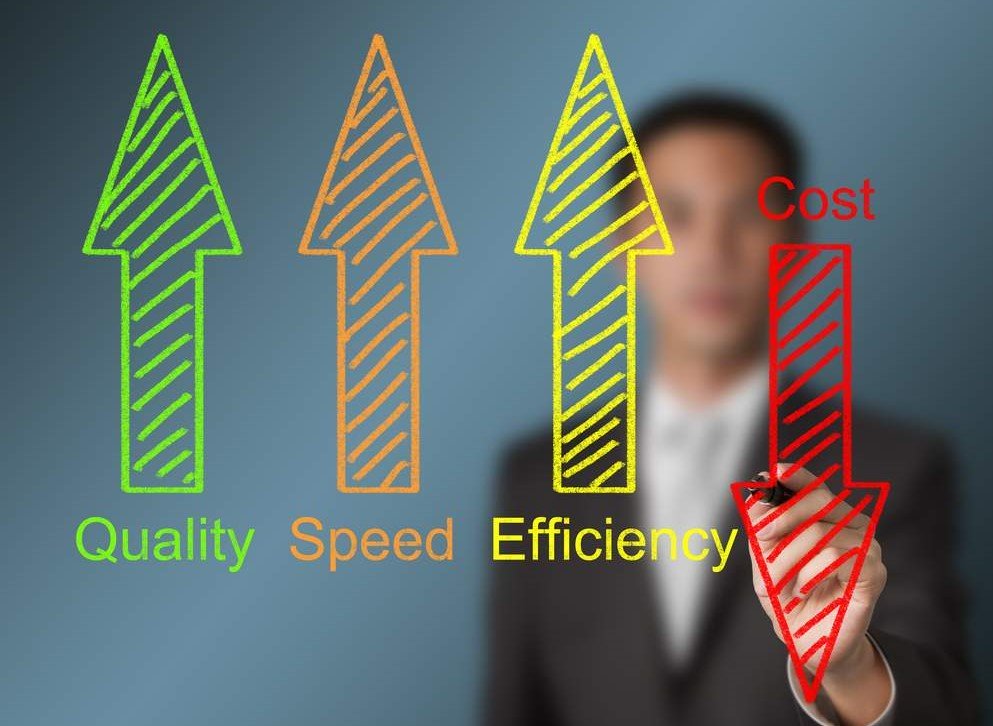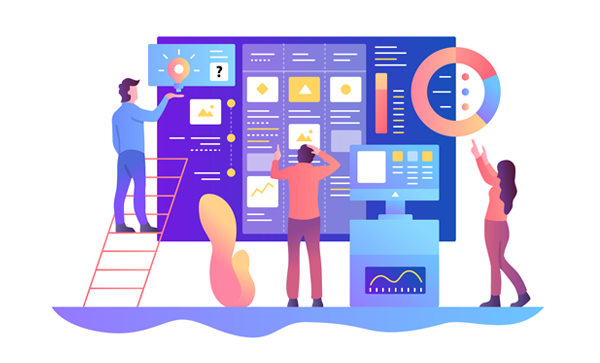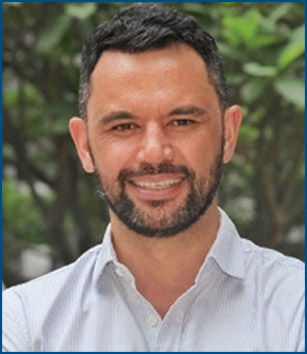Questions often revolve around what success in such a situation looks like. Questions such as:
-
how do you deliver better results than traditional private practice external lawyers?
-
how do you fit into an established in-house legal team?
-
how do you add significant value in an unfamiliar organization and culture?
-
how do you drive results in an assignment of limited duration?
The answer to all of those questions involves adapting to be the consultant that the particular client needs, at that particular time.
Needs and objectives
The needs of a client or project are neither constant nor predictable. The need for support will be clear to the primary person, most likely a Regional GC or Head of Legal, who has made the decision to engage a consultant. But that need will involve unknowns and will evolve with time.
This means not only reacting, but pro-actively aligning new needs and objectives. For a consultant within the client organization there is relatively little value placed on the delivery of piecemeal legal advice or support. Results are driven by a high degree of end-to-end management by the consultant, and flexibility and co-operation in the delivery of a service.
Solutions and outputs are co-designed and iterative. It is inherently different to the traditional model of there being an instruction or question, with a solution or answer then imposed on the client.
At times a consultant’s focus may need to be more narrowly on a certain transaction, a certain business unit, or a certain geography. It may then change or involve stepping back with a holistic view to re-evaluate how the project is structured or how the legal function supports the organisation.
These will be collaborative discussions, but ultimately you need to establish what productivity and success looks like to the client.
Fitting in to the pyramid
The client legal team, depending on its size and structure, and its function within the organization, may be missing a certain component. It may be lacking a senior lawyer, or it may require more horsepower to deal with increasing workloads.
A consultant may need to act in a very senior capacity and take on a leadership and/or mentoring role. Alternatively, the consultant may need to play a more subordinate role in a linear hierarchy or focus on a particular expertise in drafting or black letter law. On some assignments I have worked directly with the CEO and line managed junior lawyers. On other assignments I have filled a niche in the ecosystem that a more junior lawyer would also have been able to fill.
Fitting in with the culture and work method
The culture and dynamic of different organisations, and teams within an organisation, differ in countless ways. Whether it’s more casual or more formal, or the stark difference between “tech bro” culture and financial services, or hours in the office and flexi/remote working.
To a much greater extent than an employee, the onus is on the consultant to adapt to the working method and culture. This will come more naturally in some situations than others. But once technical legal expertise and skills are taken as a given, it is the ability to work efficiently in a team in a way that reflects the needs and habits of various clients that will lead to long term success.
Cultural differences are not merely superficial. Differences will likely be reflective of varying degrees of collaboration and optimal forms of communication. For example, the optimal length and (in)formality of a meeting, email or memo to drive action differs greatly between organisations. Flexible and remote working is also hand-in-hand with a consultant operating with a greater degree of autonomy.
All of the above can change
A range of variables may change frequently during the course of an assignment. On a long-term assignment, I was originally engaged to assist with the client’s South-East Asia business, before eventually becoming the organisation’s acting Regional General Counsel for the Middle East. The change involved an entirely different working culture, and a fundamentally different role including management of staff based in Dubai.
In a similar vein, on another occasion I was engaged to assist an in-house team with a pipeline of BAU transactions. It soon became apparent to the client that it was better resourcing if I was dedicated to one very large outsourcing transaction. This also enabled the client to let go the traditional law firm that had previously been engaged to lead on that transaction.
These are only two of many examples of how adapting to the client’s changing needs is at the core of the role.


































 Titus Rahiri
Titus Rahiri




